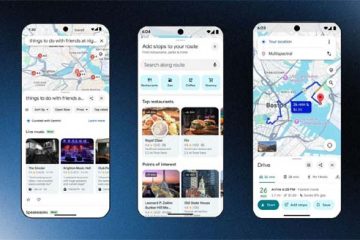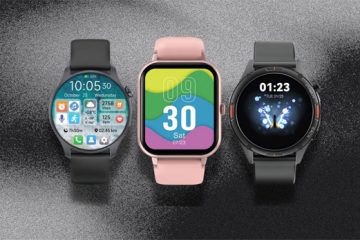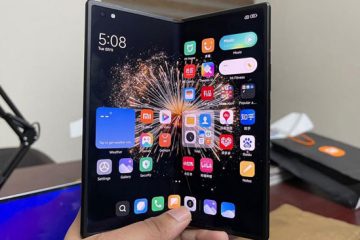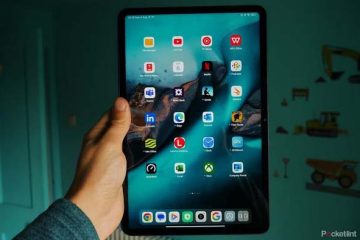The RIM messenger service, popular with teenagers, helped spread the word about looting across London
The BlackBerry Messenger (BBM) service is reported to have played a key role in the spread of rioting and looting in London this weekend.
Peaceful protests over a fatal police shooting quickly escalated into rioting and looting in north London on Saturday, with the numbers swelling quickly as word spread through Research In Motion‘s BlackBerry network. The rioting eventually spread south of the river.
It is widely reported that broadcast messages and status updates on the free Blackberry-to-Blackberry service enabled anger and ill-feeling to spread far and wide, quickly, catching authorities on the hop. The Guardian reports seeing BBM messages arranging meeting places and times in north London and calling on people to bring shopping trolleys and hammers.
BlackBerry said via Twitter this afternoon: “We feel for those impacted by the riots in London. We have engaged with the authorities to assist in any way we can.”
Big Brother is watching
Keyword searches make Twitter and Facebook relatively easy to monitor but BBM uses 3G to send and receive encrypted messages, making it all but untraceable. Twitter was used to request inclusion in the BBM messaging groups where conversations could be conducted away from the prying eyes of the authorities.
BBM is more closely related to live internet chatting than SMS, with users being able to see when messages are read and when the receiver is typing a reply. It was developed with busy executives in mind but free messaging has found a natural home among teenagers.
Inevitably, the viral nature of BBM saw the number of youths on the ground swell and crowd mentality and opportunism resulted in rioting and looting.
Arab Spring and social media
The riots in London are a more dubious accolade than the praise social media and networking sites received earlier this year for their enabling role in the Arab spring revolutions.
Similarly to the trouble in London this weekend, news of single events – such as the unjust arrest and then suicide of a market stall owner in Tunisia – were able to spread quickly through social networks and eventually become flashpoints for protests. Here, it was sites like Facebook, Twitter and YouTube that helped citizens circumvent regime imposed media blackouts just enough to allow protests to build momentum.
Vodafone recently came under fire at its AGM in London for its compliance with the Egyptian governments demands to cut internet and phone networks as unrest began to build. It agreed to meet with human rights activist to discuss their concerns.
Courtesy of eweekeurope.co.uk











